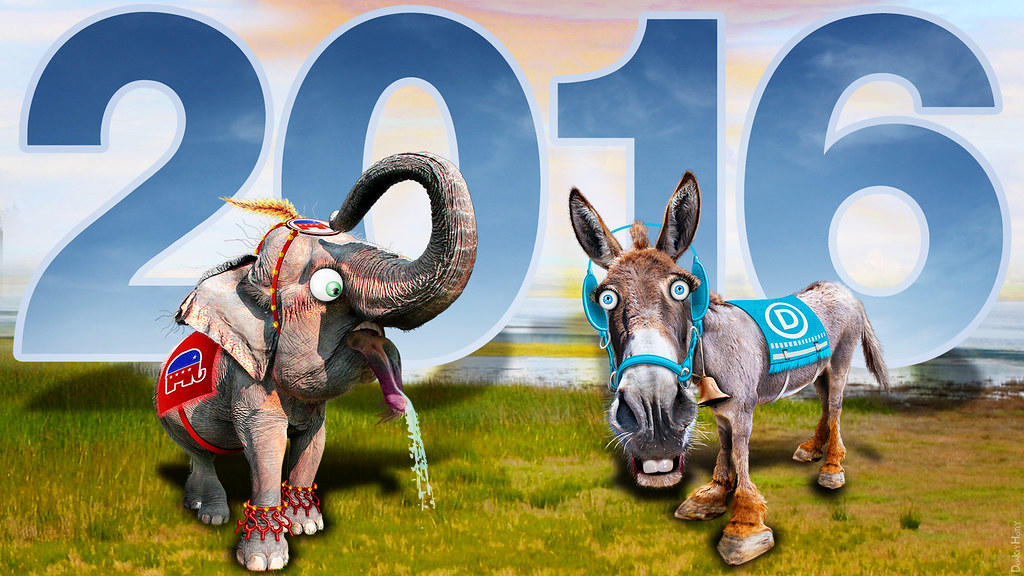It happens every year. I start to think about planning for the holidays in October, then I blink and suddenly Thanksgiving is on my doorstep. BAM! It's on.
So here we are already. Today is Thanksgiving Day in the U.S. and you've got important things to do, like stick your hand up a poor turkey's backside and referee a potential family civil war over dinner, so I won't waste any time getting right to it. Here is...
The Official Showing Up for Racial Justice (SURJ) Guide to Surviving Thanksgiving
Thanksgiving Day Discussion Guide: Real conversations about race won't be easy, so you may need some help with talking points. SURJ has you covered with a discussion guide that will help you navigate tough conversations, as well as some questions you can ask to elicit feedback and avoid causing others to shut-down. Click here for the discussion guide!
Thanksgiving Day Hotline: If you followed the guide but you still find yourself in an unmanageable conversation, excuse yourself to the bathroom and simply text SOS (with no quotation marks!) to 82623, and they’ll send you more key talking points that tend to come up in these tough conversations. If you get really*stuck, they’ll even get on the phone with you for a short individual coaching call. It’s vital for white people to break white silence about the danger of Trump’s presidency -- and SURJ will make sure you have the tools you need to have those conversations.
But wait, there's more...
Thanksgiving Day History Lesson: Don't forget this one! You have a bigger job to do than just preventing a full-on blow out across the dinner table. Part of fighting white supremacy is acknowledging the true story of Thanksgiving to help break the perpetuation of White Totally Fictional (WTF) history (see image below). Now is the time to bring our young people into the fight for racial justice by educating them on the reality of the situation. Ask the little people at your house what they already know about Thanksgiving, and gently point them toward better information. There are many resources out there, including these:
The True Story of Thanksgiving


(image of white Pilgrims kindly sharing food with kneeling Native Americans)
It may be a huge relief when your relatives finally leave, but rest assured, the struggle is not over. Black Friday is tomorrow and this one is going to take all your strength:
Black Friday BLACKOUT: Please take (in)action with your dollars by participating in the BLACKOUT of Black Friday, and spread the word. THIS IS ONE IS SUPER IMPORTANT. #BlackOutBlackFriday is an economic boycott to demand an end to police brutality and racial injustice in the U.S. Read more here: https://blackoutfriday.org/
Please also share on social media with the following hashtag: #BlackoutBlackFriday
Please also share on social media with the following hashtag: #BlackoutBlackFriday
Here's wishing you an educational and peaceful (but not silent) holiday season ahead!
